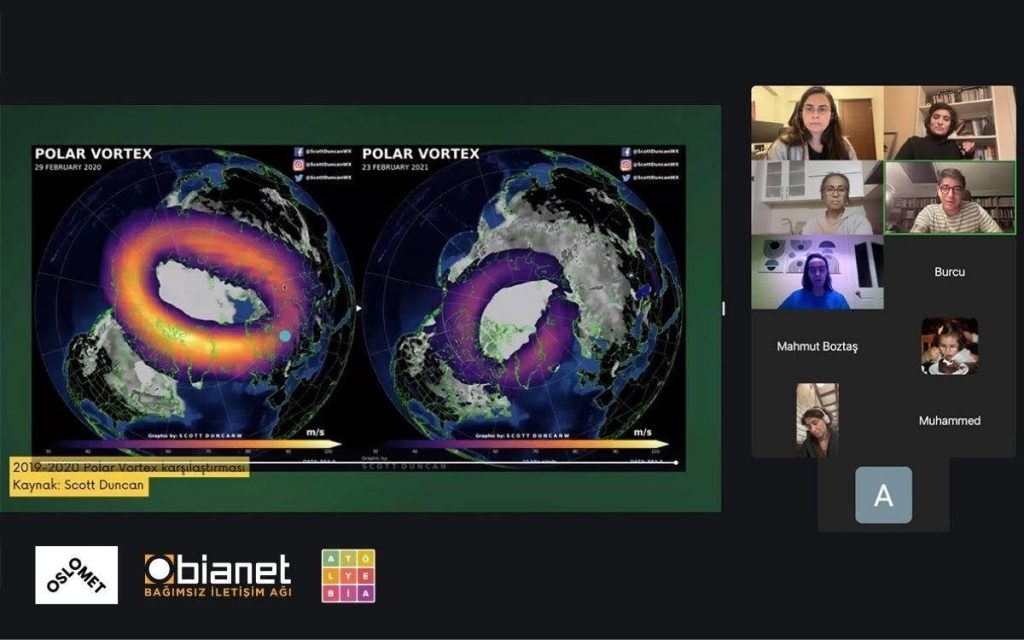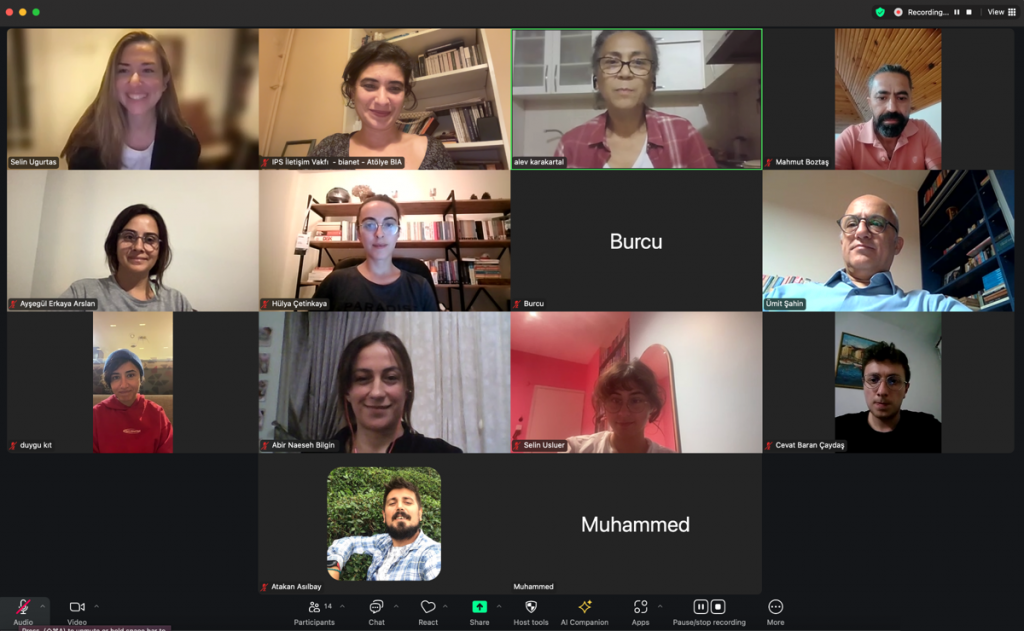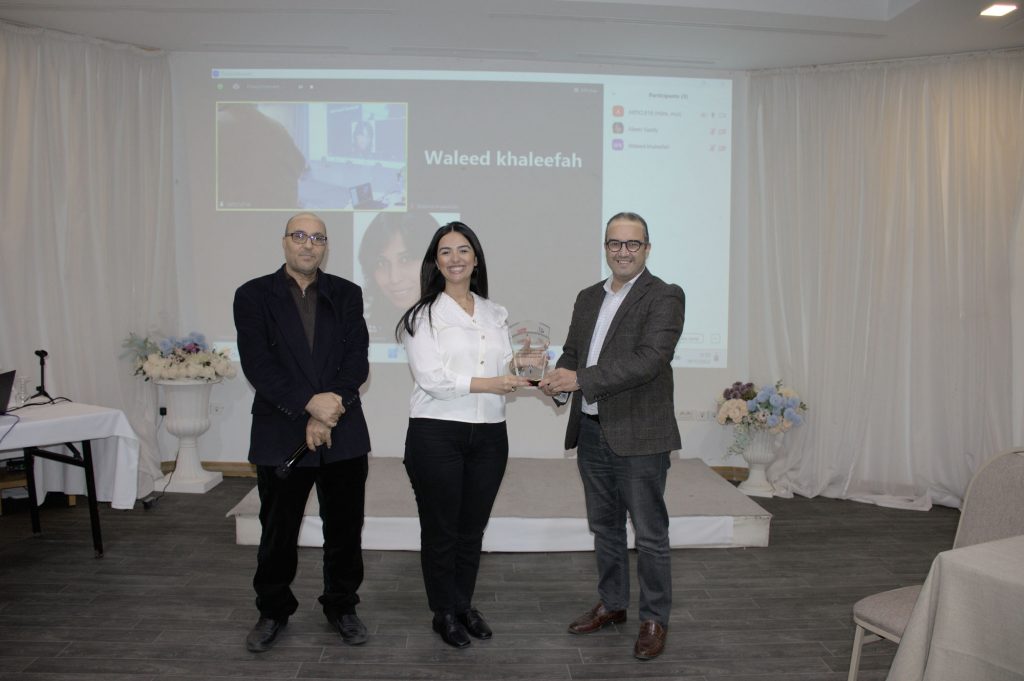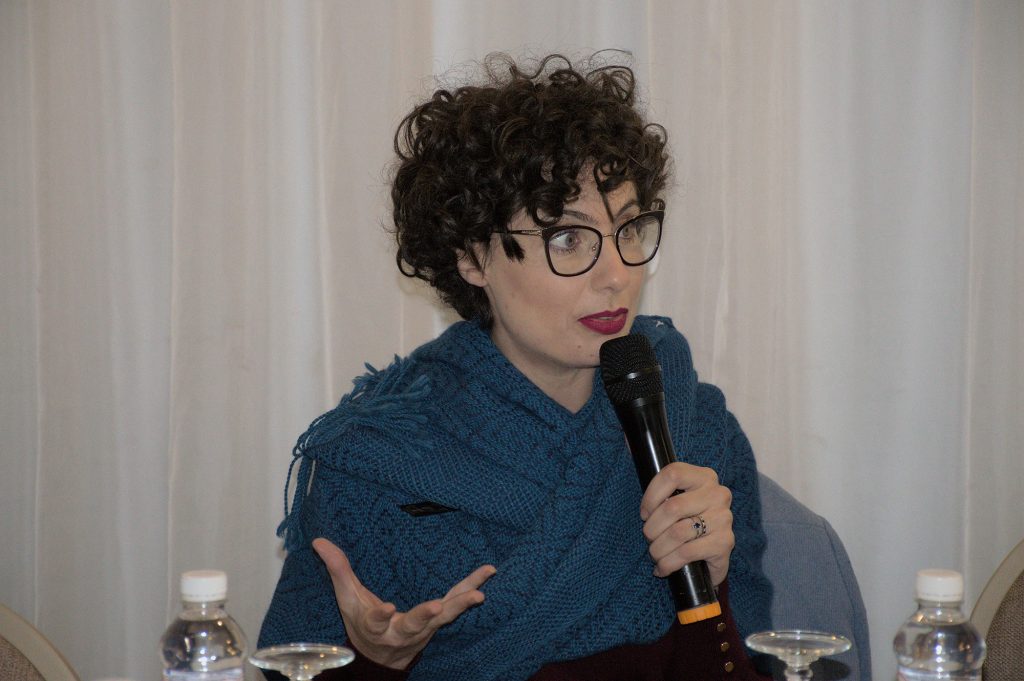Ecology and Climate Journalism Workshop by Atölye BİA
The workshop, held on Nov 4-5, covered the foundational principles and scope of climate and ecology reporting.
BIA News Desk / Türkçesini Oku
With support from Oslo Metropolitan University, the IPS Communication Foundation/bianet recently the Environmental Journalism and Reporting Workshop on Nov 4-5 as part of its Environmental Journalism Training and Reporting Program.

The two-day online workshop, titled “Ecology and Climate Reporting,” was coordinated by Green Gazette Editor-in-Chief Alev Karakartal, who was also an instructor. The workshop featured presentations from Doğu Eroğlu (ortak.org), Selin Uğurtaş (Climate Desk), and Dr. Ümit Şahin (Istanbul Policy Center).
The majority of participants were freelance journalists producing reports in ecology and climate from Artvin, Bursa, Çanakkale, Dersim, Hatay, İstanbul, Muğla, and Zonguldak.

Rights-based climate and ecology reporting
On the first day, Alev Karakartal presented on “Intersecting/Diverging Points and New Concepts in Climate and Ecology Reporting,” emphasizing the need for a rights-based approach to climate and ecology journalism and the importance of using accessible language for the public.
In the second session, Doğu Eroğlu discussed the principles, methods, and tools for crafting effective climate and ecology stories. He highlighted the importance of technical knowledge in a journalist’s field and the ways climate change is conveyed in daily life.
On day two, Selin Uğurtaş addressed identifying and verifying misinformation and “greenwashing” in climate reporting. She examined the evolution of climate denial over time and provided examples of greenwashing as a misleading information type.
In the workshop’s final session, Dr. Ümit Şahin’s presentation, “Where Are We in the Climate Crisis?” offered data and discussions on the climate crisis based on recent academic sources and reports.
After the training, the participants will publish their own articles on various climate issues.
The 2024 cooperation between JMIC/OsloMet and Bianet focus on climate journalism and media monitoring.


